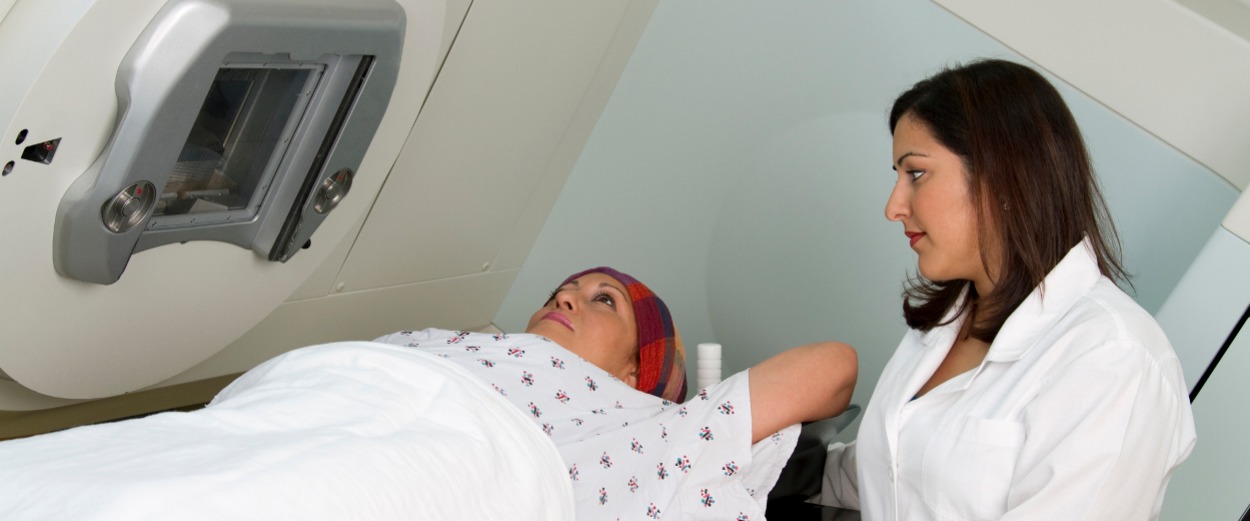If you are receiving radiation, you’ll know that there are often side effects that range from mildly annoying to severely debilitating. The self-care plan outlined by your medical team can help reduce the redness, pain, and irritation that come with radiation dermatitis.
Even if you are not yet experiencing these symptoms, it’s still important to follow your self-care regimen to help reduce the severity of these side effects in the coming days.
We’ve put together some self-care tips on getting through radiation and managing some of the side effects:
- Try using unscented moisturizing lotion to help with itchiness and irritation. It’s preferable to use a lotion without lanolin or aloe vera, which can be very irritating. If the itchiness continues you can ask your doctor to prescribe a medicated cream.
- Keeping the radiated area clean can help reduce the risk of infection. Use mild or unscented soap and lukewarm water to wash the affected area and pat dry with a soft towel instead of rubbing the water off.
- Use an electric razor if you need to shave the radiated area.
- Don’t use deodorant or anti-perspirant on skin that is broken or blistered.
- If your skin is dry and flaky, do not peel loose skin. Let it come off by itself.
- If fluid is leaking from the treated area, gently wash the area using a spray bottle with a gentle mist or apply soft cloths soaked in 0.9 percent sterile saline solution, which you can buy from a drugstore. Make sure that the saline solution contains no preservatives, which are irritating to radiated skin.
- Cover up when going out in the sun as sunscreen is not recommended during radiation.
- Avoid using hot tubs and saunas.
- Try wearing loose-fitting cotton clothing for comfort and bras without underwires.
If your skin is bleeding, blistered, or infected, don’t try to treat these symptoms on your own. Your healthcare team can help with a treatment plan to help with these.
Taking care of your skin during radiation can help lessen the side effects and give you a better quality of life.







